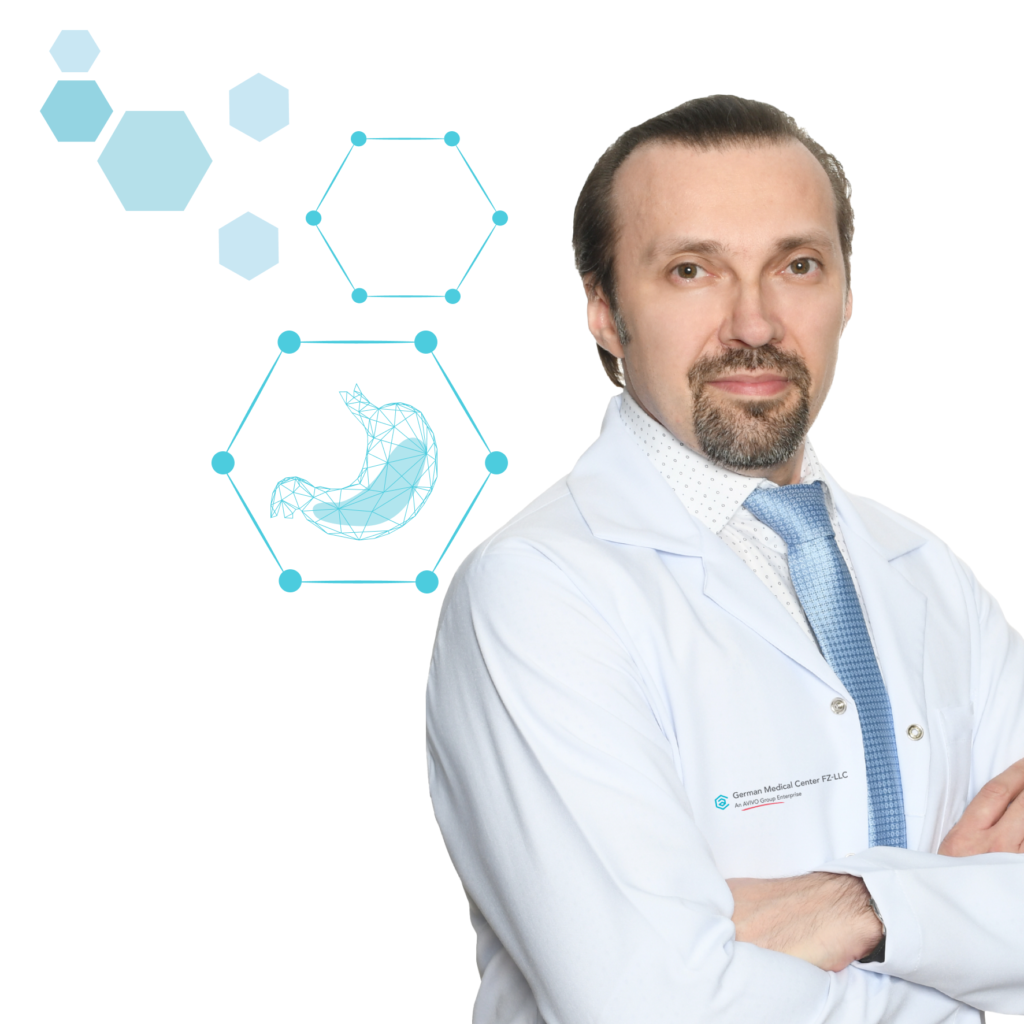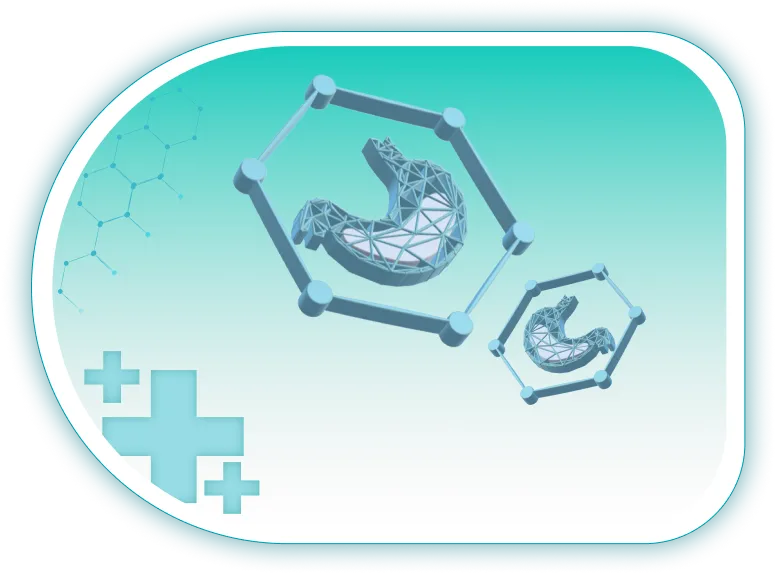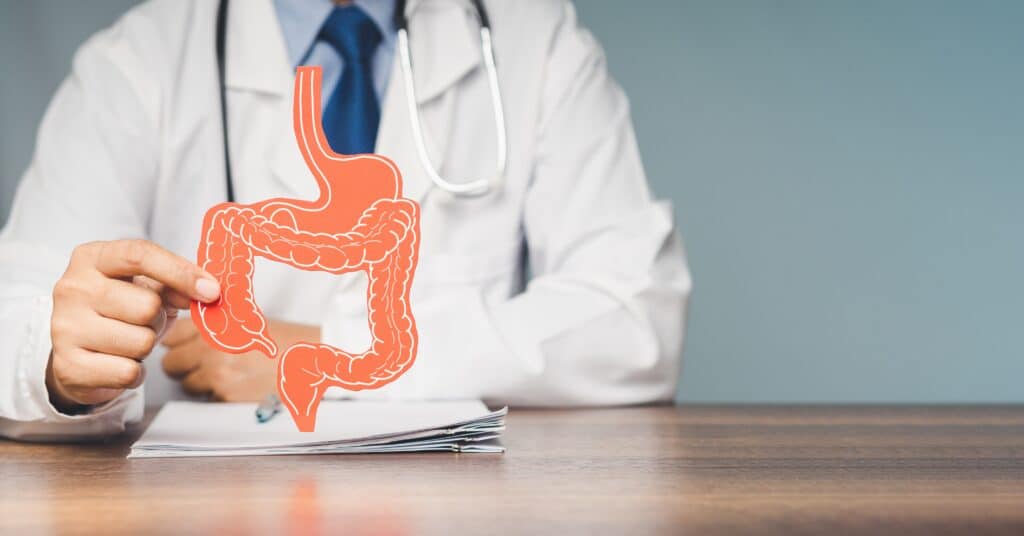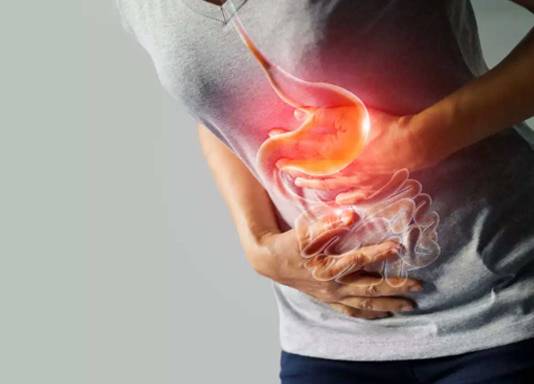
Dr. Sebastian Cuzincu
Gastroenterology and Internal Medicine
Pancreatic cancer often does not cause symptoms in its early stages.

Pancreatic cancer, also known as pancreatic adenocarcinomas, is a type of cancer that affects the pancreas, a gland located in the abdomen. It is one of the most aggressive and deadliest types of cancer, with a low survival rate. However, with early detection and appropriate treatment, the chances of survival can significantly improve.
It is worth noting that pancreatic cancer can spread to other parts of the body, including the colon. In such cases, the treatment may involve a combination of treatments, such as surgery, chemotherapy, and radiation therapy.
If you or a loved one has been diagnosed with pancreatic cancer, it is essential to seek treatment from a reputable medical center with experienced doctors and state-of-the-art facilities. German Medical Center is one of the best places for pancreatic cancer treatment, offering a multidisciplinary approach to care that includes surgery, chemotherapy, radiation therapy, and supportive care.
In conclusion, pancreatic cancer is a deadly disease that requires prompt and appropriate treatment. The treatment options include surgery, chemotherapy, and radiation therapy, depending on the stage and location of cancer. German Medical Center is an excellent choice for pancreatic adenocarcinoma treatment, providing a comprehensive and personalized approach to care. Don’t hesitate to contact us for more information or to schedule an appointment.
Our team of experts are passionate about providing only the best quality care and treatment to their patients.

Gastroenterology and Internal Medicine
A cutting-edge medical technique that plays a crucial role in diagnosing and treating disorders of the bile ducts, pancreas, and gallbladder....
Liver Elastography – an advanced medical imaging technique designed to assess the health of your liver with precision and non-invasiveness....
Abdominal pain can be a symptom of a wide range of medical conditions and can manifest in different ways depending on the...
Colorectal cancer (CRC) is a type of cancer that affects the colon or rectum. It can develop from small growths called polyps in...
Stomach cancer, also known as gastric cancer, can cause a range of symptoms. However, it's important to note that not everyone...
Liver cancer is a serious and potentially life-threatening condition that requires prompt diagnosis and treatment....
Colon polyps are usually detected during a routine colonoscopy. During the procedure, a long, flexible tube with a camera on the...
Gastrointestinal Stromal Tumor of Stomach (GIST) is a rare type of cancer that affects the digestive system, particularly the...






Our customers are at the heart of everything we do, and we are committed to providing them with one of the best possible care and service and that's why platforms like UpTopics publish us in top.

Based on 206 Google Reviews

Partner with:
Partner with:


German Medical Center is one of the leading medical institution in Dubai formed by a group of specialists who are passionate about providing the personalized care tailored to the patient's unique needs.
Fill out our easy online form to book an appointment with German Medical Center. Our team of experts is dedicated to providing you with personalized care and guidance every step of the way. Don't wait, take charge of your well-being and schedule your appointment now!